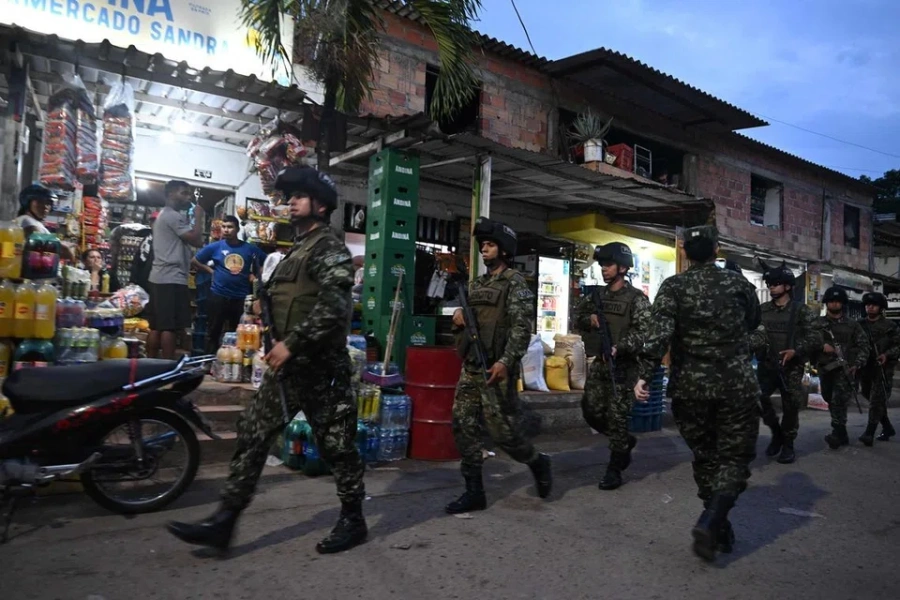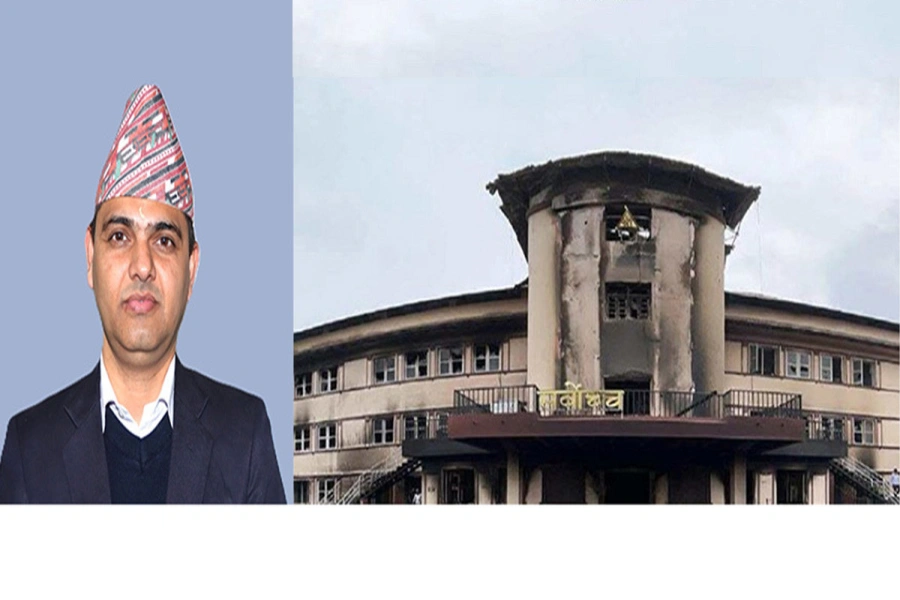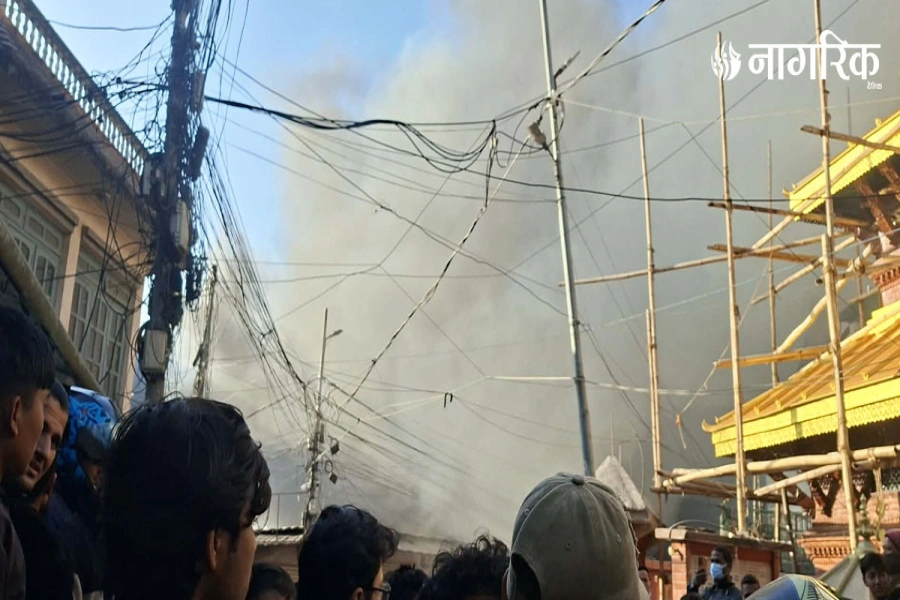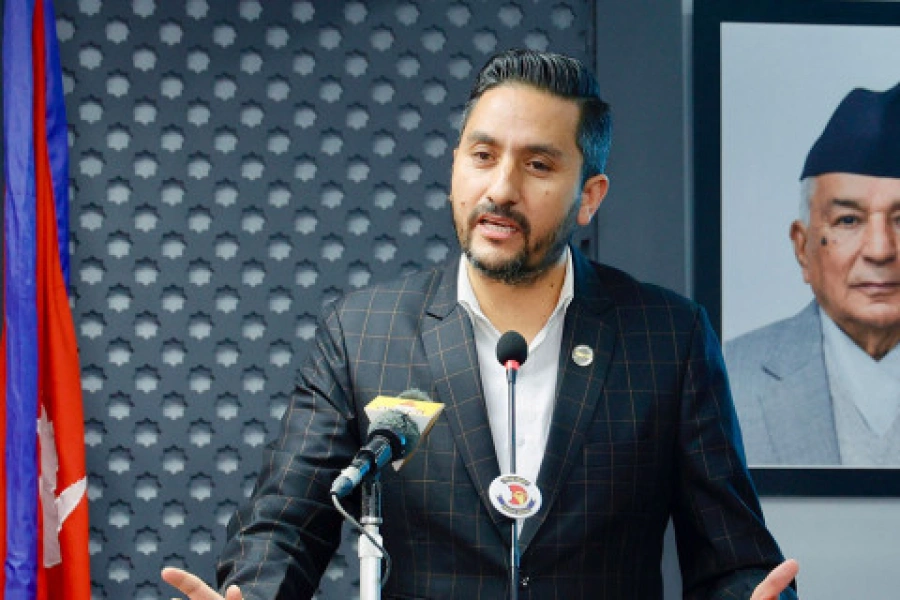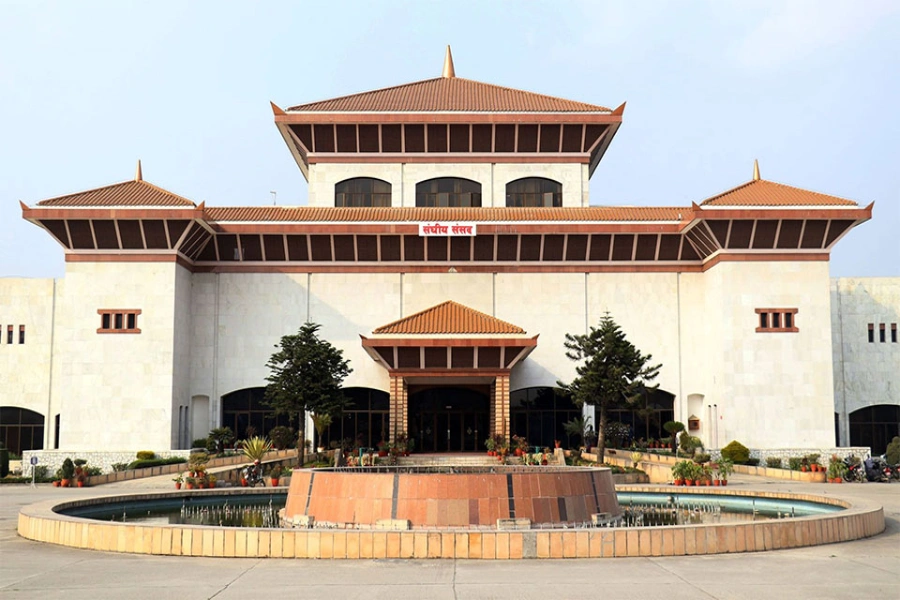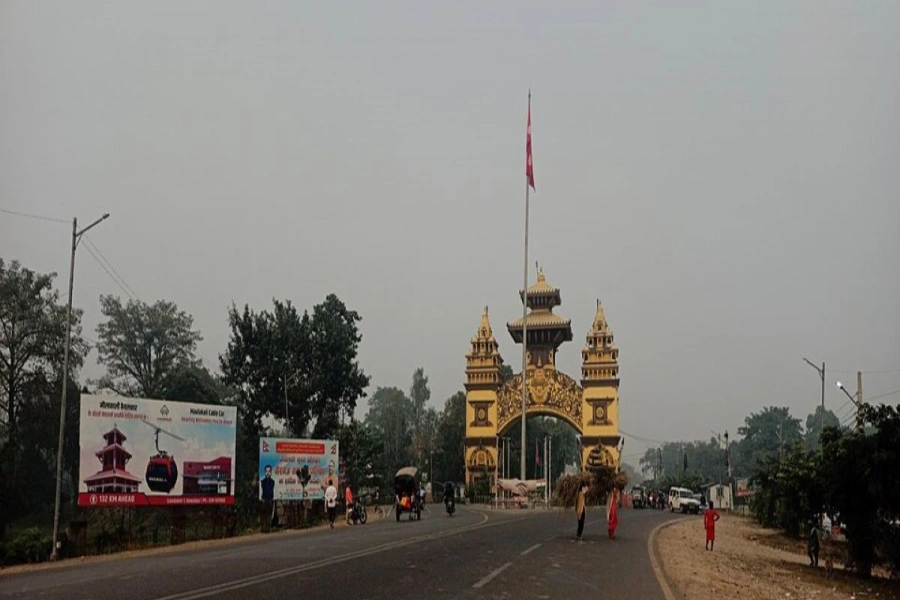KATHMANDU, Nov 27: While remittances sent by Nepali workers abroad continue to fuel the nation's economy, the social impact the foreign employment has left tells a different and a darker story. The number of workers who lose their lives, suffer disabilities or fall ill while working in various countries has been steadily rising over the years.
According to data from the Foreign Employment Board (FEB), 477 individuals have lost their lives while working abroad as of November 26 in the current Fiscal Year (FY) 2024/25. This figure is based on the details of financial assistance received by the families of the deceased from the FEB.
The legal process for receiving assistance includes having obtained labor approval, renewing the labor permit and submitting an application to the Board within a year of the illness or death. Every year, thousands of Nepalis travel to various countries in search of employment.
The situation becomes even more alarming when the number of those who have died abroad without legal labor approval or after their contract period has expired is included. However, the government does not have definitive data on these cases.
As of mid-January, in the fiscal year 2023/24, 539 individuals had died while working abroad.
In the current FY that began in mid-July, the number of deaths in foreign employment has reached 477 in the first four months. During this period, 174 individuals have returned to Nepal due to illness or disability. These statistics were released by the FEB for the period from mid-July to November 26.
NRB floats foreign employment bonds worth Rs 250 million

The increase in the number of deaths, illnesses, and disabilities, alongside the growing number of individuals going abroad for employment, indicates that foreign employment is still not safe. Nepali workers have been going to countries like Saudi Arabia, Qatar, United Arab Emirates, Oman, Bahrain and Malaysia for work. According to the FEB’s data, an average of three Nepali bodies are being returned daily from foreign employment.
The increase in the number of Nepali workers leaving for foreign employment without proper skills training has also heightened the risks, says Tika Ram Dhakal, information officer at the FEB. "Nepali citizens need to be cautious when going abroad," Dhakal said.
"The trend of going abroad without training or skills has also contributed to the increase in risks. We only have data for those who follow the legal process for foreign employment. We do not have data for those who go illegally and die or become ill or disabled," added Dhakal.
Some Nepali workers have committed suicide abroad due to mental stress, while others fall ill due to unsuitable environments or develop depression, which also increases the risks. The FEB’s data shows an increase in the number of Nepali workers suffering from serious diseases, becoming disabled, or dying while working abroad. Dhakal also mentioned that kidney problems are more common among Nepali workers in Gulf countries and Malaysia.
"Rather than due to accidents, the number of workers dying while sleeping is higher. Even after a postmortem at the hospitals in the respective countries, the exact cause of death is often unclear," he said.
According to him, the influence of brokers and the trend of going to high-risk countries through third-party nations have contributed to the increase in such problems. He advises that individuals should only go abroad after receiving proper training and skills for the work they will do, and should have a clear understanding of the climate and other risks involved.
According to the data from the Department of Foreign Employment (DoFE), among those who went for foreign employment, 532,123 are skilled workers and 145,547 are unskilled workers. A total of 111 countries are open for institutional foreign employment, while 178 countries are open for individual foreign employment.
According to the Executive Director of the FEB, Dwarika Upreti, working in hot weather, outdoor buildings and dust also leads to various diseases. He mentioned that even though foreign workers undergo health checkups before leaving, they still fall ill or die due to the changed environment upon arrival. Upreti further stated that postmortem reports of workers who died in their sleep abroad often reveal either natural causes or heart attacks.
Primarily, Nepali workers in foreign employment have died due to heart-related diseases, road accidents, workplace accidents, kidney disease, heart attacks, cancer, and various other causes. Officials from the Board mention that Nepali workers going to Gulf countries in particular face the most hardships.
According to the FEB's data, 1,378 Nepali workers lost their lives in foreign employment during the fiscal year 2023/24.
The FEB provides a compensation of Rs 700,000 to the family members of workers who die while working abroad with a labor permit. However, since October 25, it has increased the amount to Rs 1 million. This assistance is provided from the Foreign Employment Welfare Fund, which workers contribute to when they obtain their labor permits for foreign employment.
Workers who take a labor permit for up to two years are required to contribute Rs 1,500, and those who take a permit for more than three years must contribute over Rs 3,000 to the welfare fund.
According to the FEB's data, a total of 14,144 deaths have occurred during foreign employment from FY 2008/09 to November 26, FY 2023/2024.




